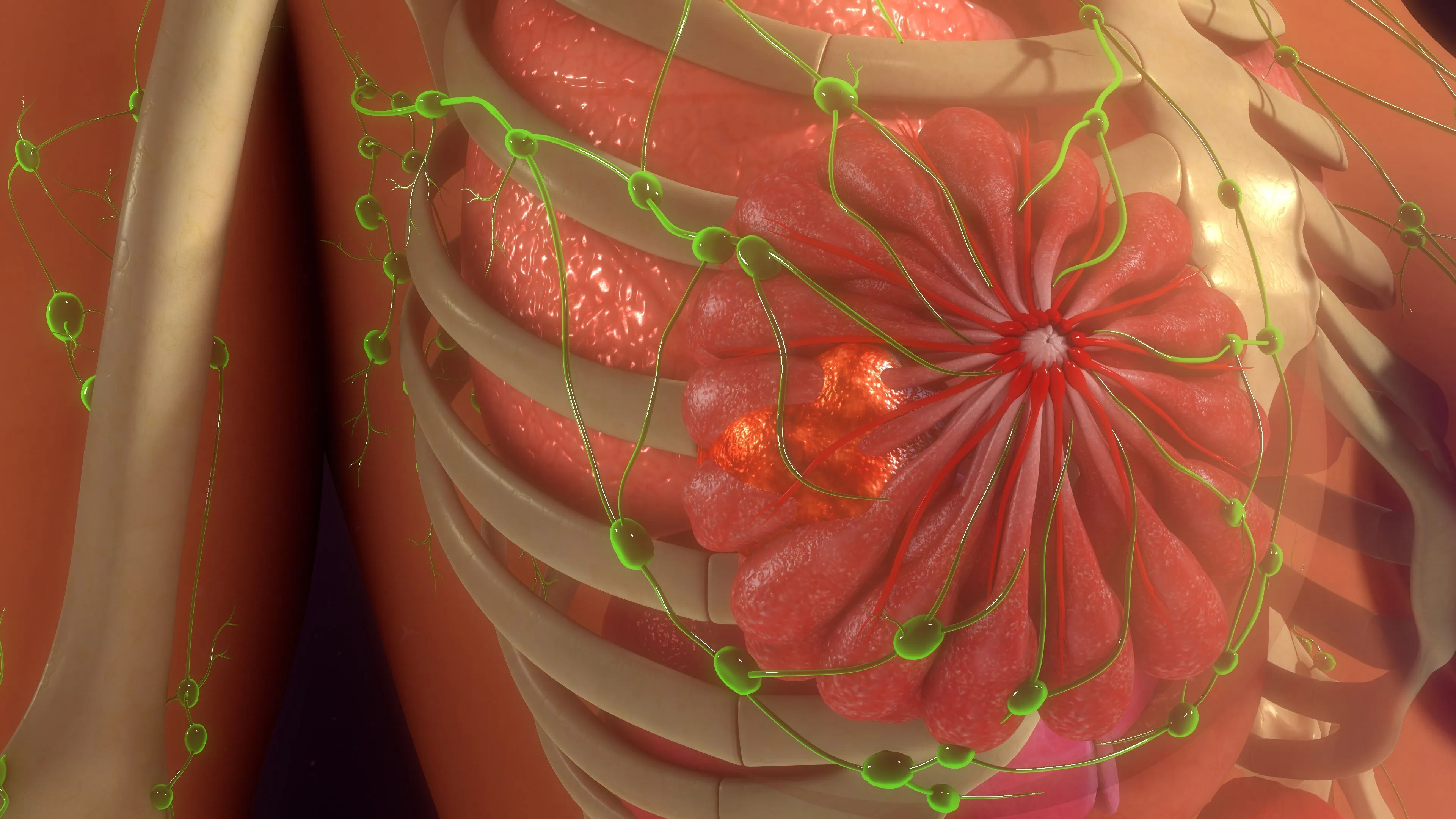Enhertu and Quality of Life in Metastatic Breast Cancer Patients: Insights from ESMO 2024

Enhertu's Impact on Quality of Life
In a major presentation at ESMO 2024, it was reported that patients with HR-positive, HER2-low, or -ultralow metastatic breast cancer (MBC) treated with Enhertu (trastuzumab deruxtecan) experienced significantly less deterioration in quality of life.
Trial Insights from DESTINY-Breast06
The DESTINY-Breast06 trial found that Enhertu extended the median time to pain deterioration to 22 months compared to 6.3 months for physician’s choice treatments. This study focused on patient-reported outcomes (PROs) and demonstrated that Enhertu reduces clinically meaningful deterioration in pain by 49%.
- The trial involved HR-positive, HER2-low and HER2-ultralow patient populations, many of whom had previously progressed after endocrine therapies.
- Overall Global Health Status remained stable over 31 weeks for both Enhertu and TPC with no significant changes from baseline.
Key Findings from ESMO 2024
Investigators observed no significant shifts in quality of life scores between treatment arms. For instance, the Enhertu group demonstrated a median time to deterioration of Global Health Status/QOL of 11.3 months. In contrast, the TPC group exhibited a deterioration time of 10.5 months.
- Enhertu showed a superior profile concerning emotional functioning and physical roles.
- Notably, gastrointestinal symptoms necessitated attention for optimal patient management.
This research underscores the therapeutic promise of Enhertu for patients grappling with HER2-low, HR-positive MBC, contributing positively to their quality of life during treatment.
This article was prepared using information from open sources in accordance with the principles of Ethical Policy. The editorial team is not responsible for absolute accuracy, as it relies on data from the sources referenced.